Beginnings in Therapy
As we welcome 2024, we welcome new beginnings and new commitments to ourselves.
If this is the year you decide to begin your therapy journey, we welcome you! Keep reading to hear more from some of our therapists on takeaways and lessons working with first-time therapy clients.
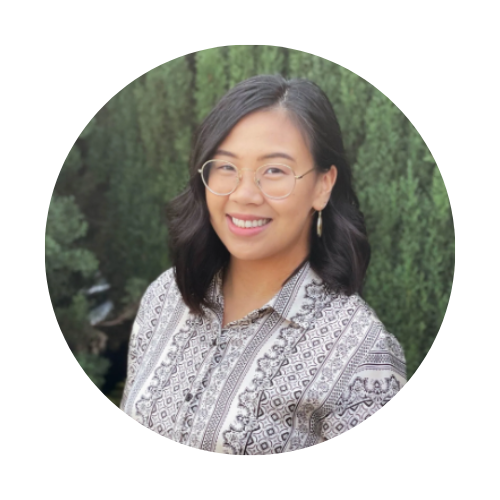
Hi- I’m Elaine, Associate Clinical Therapist and I work with adults, teens/young adults and couples here at the practice. If you’re a first-time therapy client, I just want to say– What a meaningful step towards self-understanding and healing! It takes bravery to choose a path full of the unknown. As you begin, remember to meet yourself with gentleness and your “why” - Why is healing so important to you? Let that guide your journey.
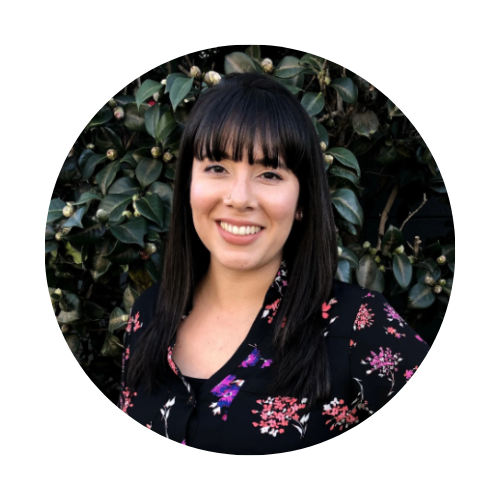
I am Noemi Alsup, a Bilingual Latina Licensed Clinical Social Worker at RJP. I work with children, families and adults. When seeking therapy for the first time, I encourage clients to be open and patient; healing is a process that takes time and work; the more work you are willing to do, the more you will grow. Patience and kindness to ourselves is what allows the growth to bloom.
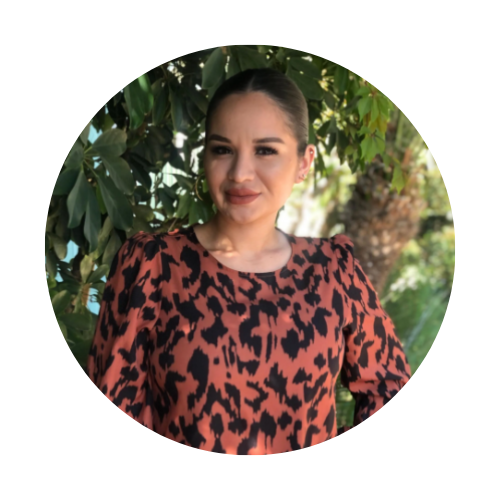
I’m Angie Curiel, ASW and I work with adults, individuals and couples. Don’t be afraid to try something new and uncomfortable. The feeling of discomfort brings growth and your therapist will be there with you every step of the way.

Hi, I’m Kristiana Guzman and I work with individuals, couples, and families. For those seeking therapy for the first time, I always want to reiterate that this is your time, your hour away from everything (for the most part) to share with someone who is an unbiased third party member. I also like to share with first time clients that it's rare to get an hour for yourself to share feelings, experience, and work on goals; it is a special time and an investment in yourself. You truly make of it what you put into it. Sometimes clients who I see for the first time usually do not know what to expect in a therapy setting, they don't want to do it "wrong" and my message is that there is no wrong or right way and if you are having trouble on where to start, it's okay to be open and honest about that. If you are feeling uncomfortable or uncertain this is the best space to share that and practice doing so.
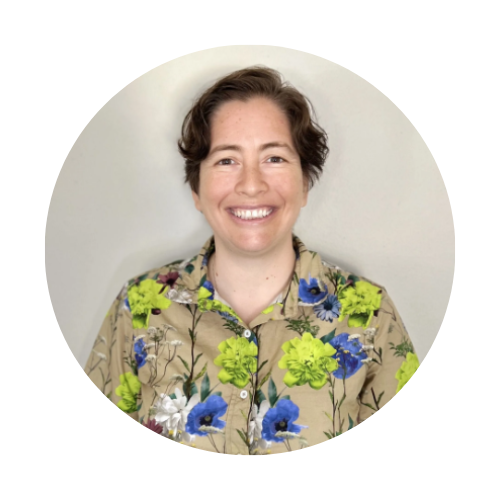
Jessica Guillen
My words of wisdom for a first time therapy client is to be prepared to hear what you don't want to hear. I know that sounds counter productive but unfortunately we are often stuck in a negative cycle in our lives and we need to hear that so that we can begin the work of breaking that cycle and reaching our goals. Therapy is uncomfortable and hard but the benefits are so life changing it is worth the discomfort. You are the captain of the ship, the therapist is the guide and you ultimately make the choice to change direction.
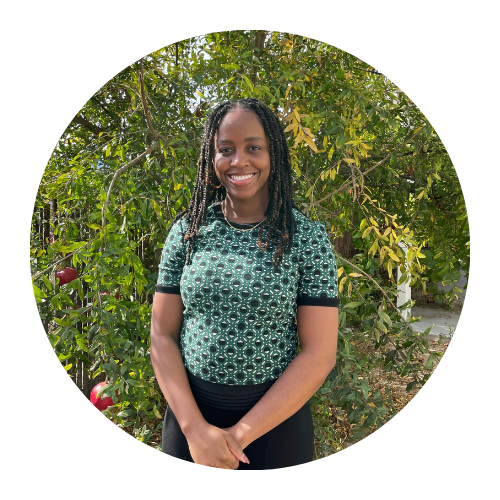
Hi, I'm Olufunmike, Associate Clinical Therapist and I work with children, teens/young adults, and couples here at the practice. For a first time client, I would say - It takes a lot of courage to initiate a new journey of growth. Throughout this, remember to practice grace and stay true to yourself. Take a moment to slow down and take things a day at a time. Although it may be challenging to take this leap of faith, learn to trust yourself and the process.
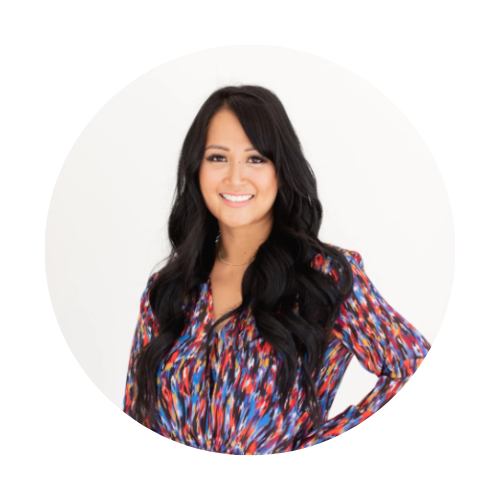
Hi there this is
Junie, I see couples and families at our practice. If you are a first time therapy client, I want you to know that I am proud of you. Secondly, you are capable of amazing things. This is a gentle reminder that ambivalence is a part of human nature, wanting contrary things in equal measure. Never limit yourself or your potential to maintain a false sense of security and control.
Now that you’ve heard from some of our therapists, know that everyone’s healing journey is unique. There is no blueprint to healing. Instead, we invite you to explore, discover and be curious enough to give attention to the parts of you that need it. As therapists, our role is to hold space and be a visitor in your life.


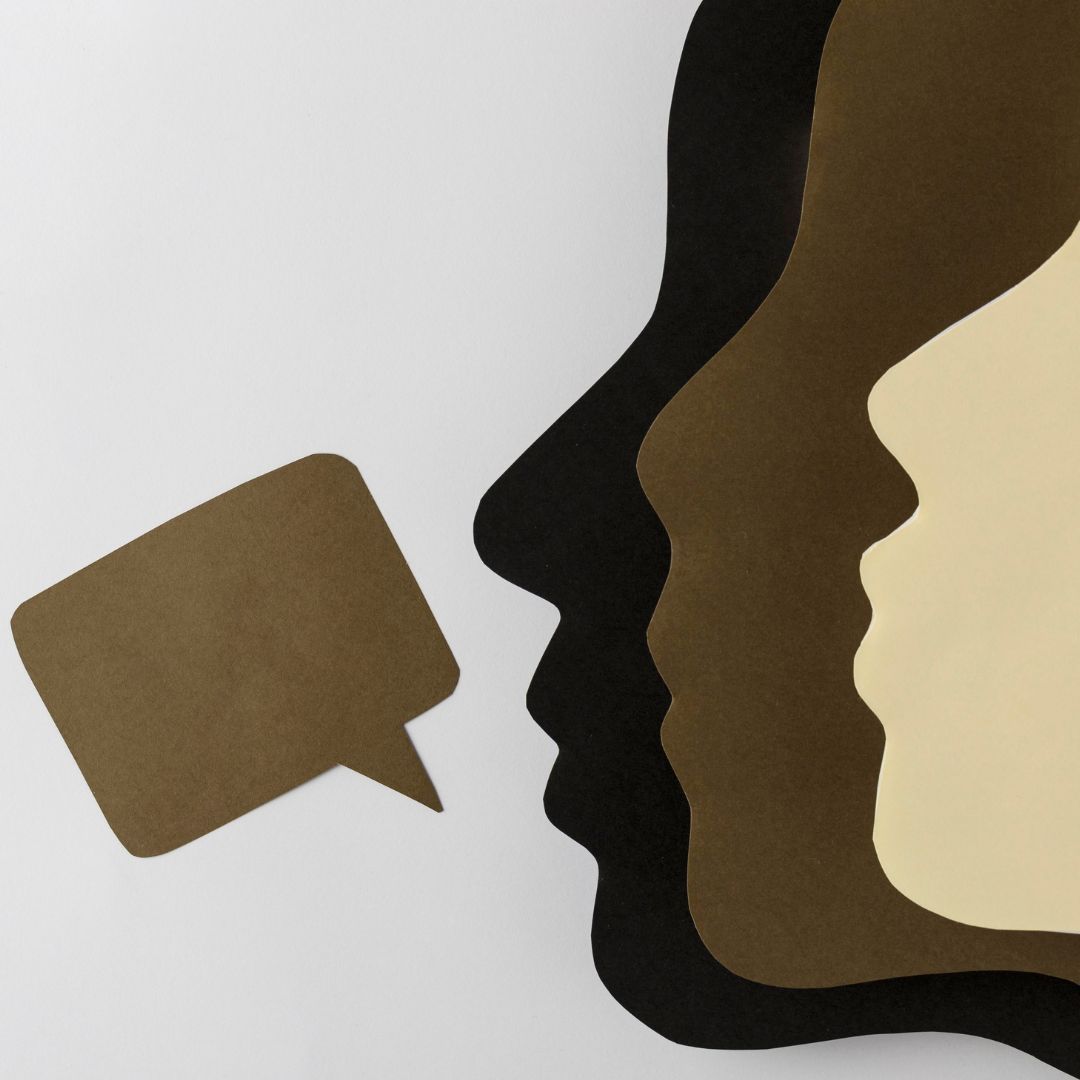
COMPANY
SERVICES
CONTACT
